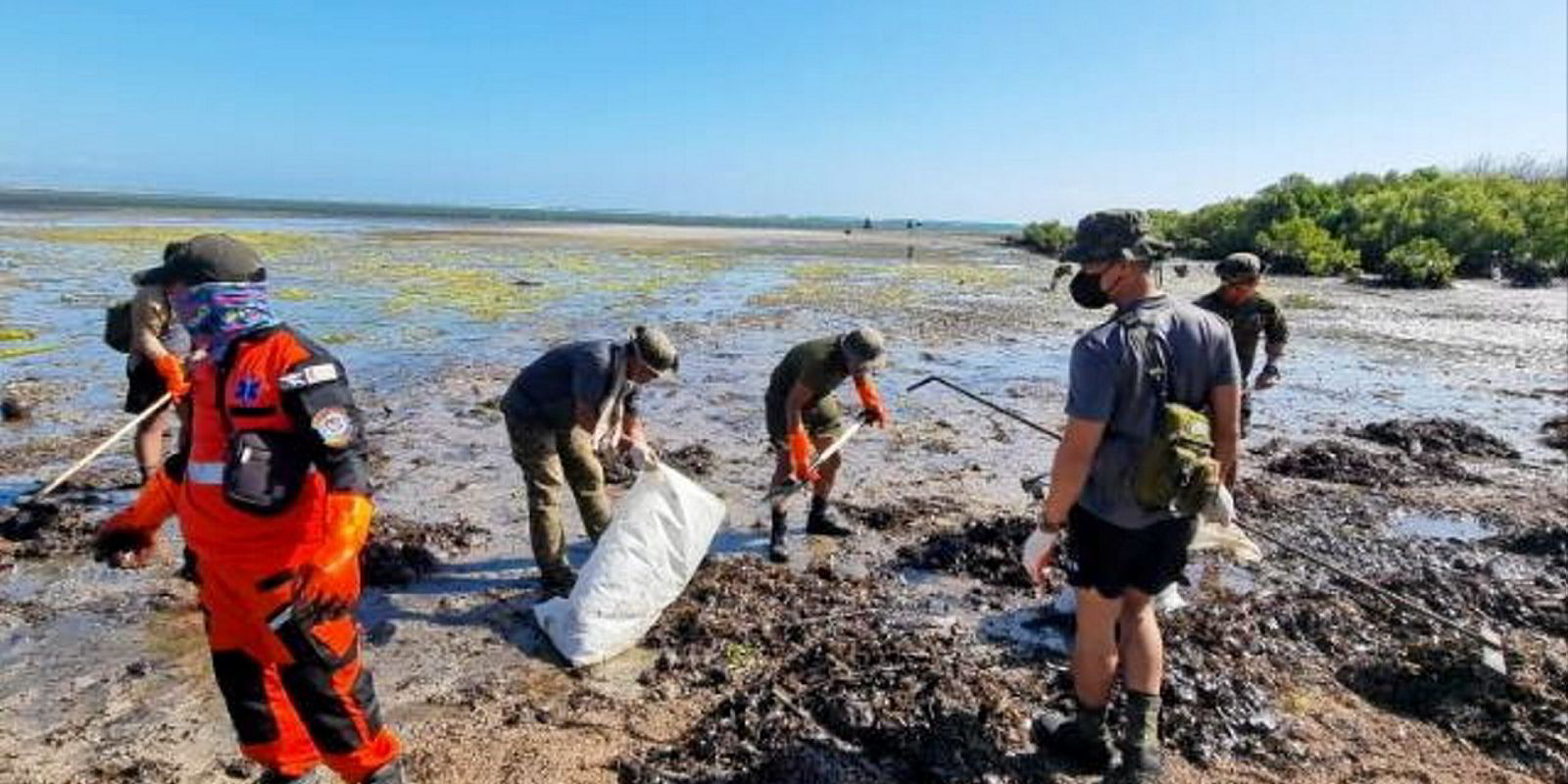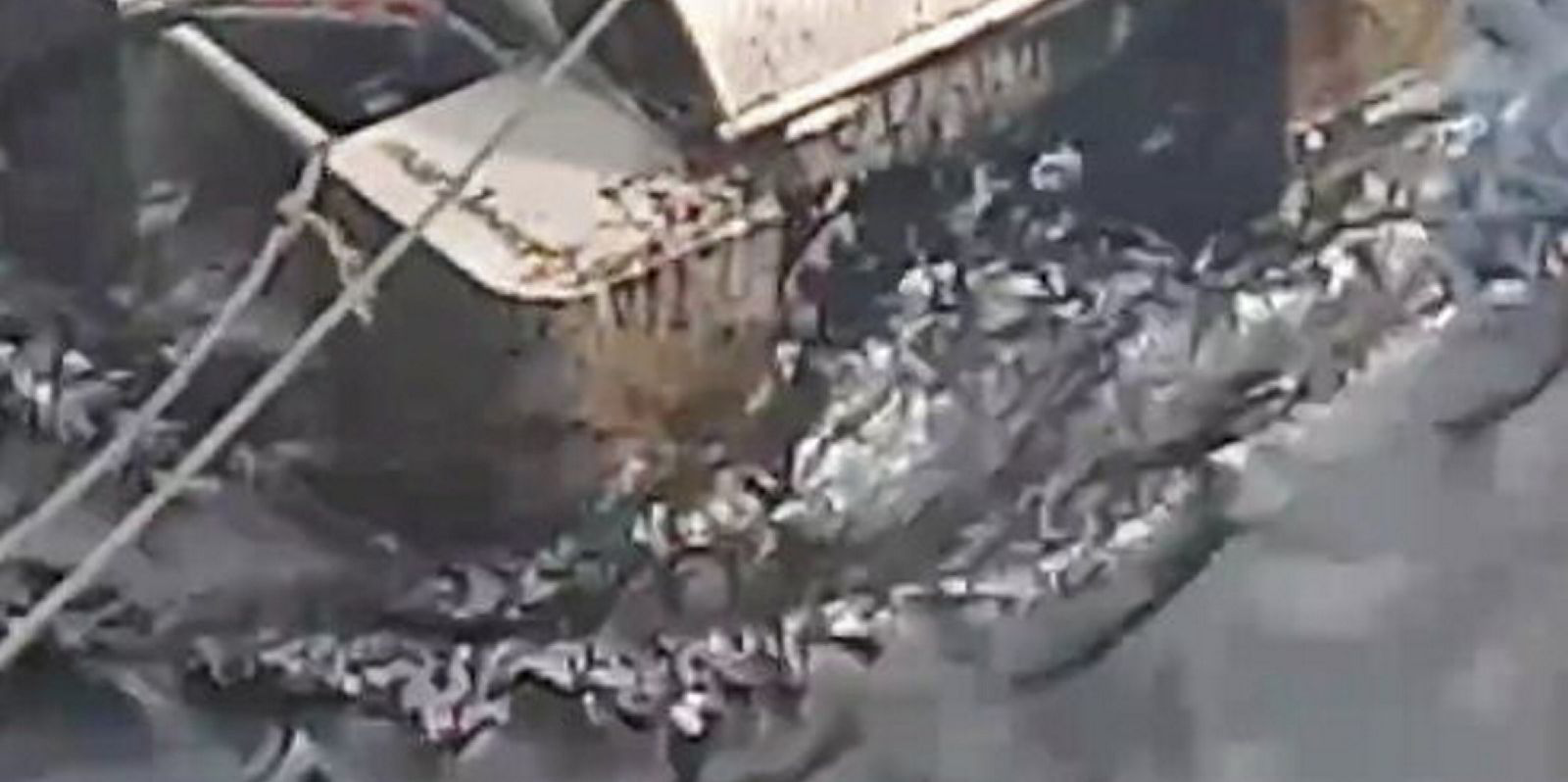The International Oil Pollution Compensation Funds (IOPC Funds) is looking at the insurance issues surrounding a devastating oil spill off the coast of the Philippines.
The IOPC has opened talks with the protection and indemnity insurers of the 1,100-dwt Princess Empress (built 2022) which caused the spill — listed as the Shipowners’ Club — as part of its ongoing assessment of the situation.
The vessel was hit by engine problems and rough seas causing it to sink off the coast of Naujan in the province of Oriental Mindoro on 28 February with 800,000 litres of fuel oil on board.
A spill resulted, which has polluted the nearby seas and local shoreline. The ship was carrying 800,000 litres of fuel oil as cargo at the time of the incident.
Philippines Department of Environment and Natural Resources (DENR) said it may have located the wreck of the Princess Empress north-east of Pola in Oriental at a depth of 400 metres.
It is currently trying to verify the location of the wreck using a remotely operated vehicle.
It will use the information to model the spread of the oil spill.
DENR said further action will be required to protect the environment from further damage, which indicates a hefty oil pollution compensation claim could result.
“Habitats, ecosystems and the communities themselves require anticipatory action, protection and regeneration where possible,” DENR said in a statement.

The IOPC Funds said the Philippines is party to the 1992 Fund Convention, which would entitle those affected by the spill to claim under its compensation scheme.
The IOPC Funds provide financial compensation for oil pollution from oil tanker spills above the shipowner and its insurer’s limitation of liability.
It is funded, under International Maritime Organization conventions, by contributions from oil-importing countries.
The IOPC Funds compensation scheme will apply if the spill is from the tanker’s cargo of oil, but not if it is the result of a release in bunker fuel.
“It is too early to determine whether the convention would apply to this incident at this stage,” the IOPC Funds said in a statement. “The IOPC Funds will continue to liaise with key stakeholders, to monitor developments closely and will respond accordingly,” it said.




